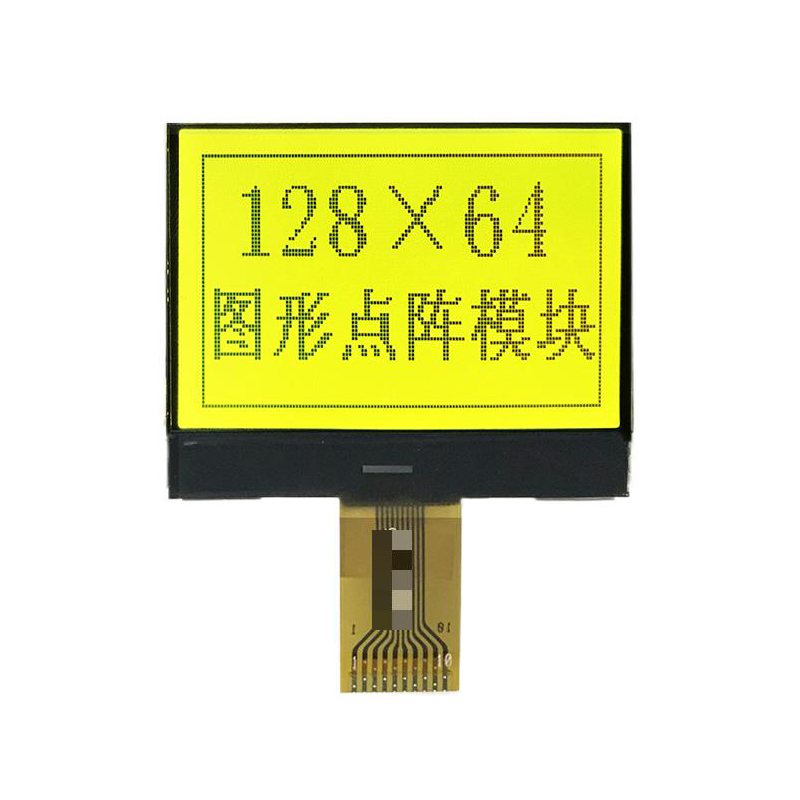
This comprehensive guide explores the world of transparent LCD screens, covering their technology, applications, advantages, disadvantages, and considerations for selection. Learn how to choose the perfect transparent LCD screen for your specific needs, from understanding different display technologies to evaluating key specifications and potential challenges.
A transparent LCD screen, also known as a transparent liquid crystal display, is a type of display technology that allows light to pass through while still displaying images. Unlike traditional LCDs, which are opaque, these screens offer a unique blend of visual information and transparency, opening up exciting possibilities in various applications.
The technology behind transparent LCD screens involves several key components working in concert. The most crucial element is the use of a specialized polarizer and a highly transmissive liquid crystal layer. These elements are carefully engineered to allow light to pass through while modulating the light to create the displayed image. Different manufacturing processes result in varying degrees of transparency and image quality. Some utilize a backlight, while others rely on ambient light.
The unique properties of transparent LCD screens have led to their adoption across a wide array of industries. Here are some key applications:
Transparent LCD screens are increasingly used in retail settings for dynamic product displays and interactive advertisements. Imagine a shop window showcasing products while simultaneously displaying promotional information – that's the power of a transparent LCD screen.
From head-up displays (HUDs) to in-car entertainment systems, transparent LCD screens offer a seamless integration of information and the driver's view. This technology significantly enhances the driver's experience and safety.
Transparent LCD screens are revolutionizing architectural designs, allowing buildings to become interactive canvases. Imagine large windows that display dynamic artwork or real-time information – a beautiful and functional solution.
In the medical field, transparent LCD screens can be used for overlaying medical images onto patients, facilitating more precise surgical procedures. The transparency allows surgeons to maintain a clear view of the operating area while receiving vital real-time data.
Selecting the appropriate transparent LCD screen depends on your specific needs. Consider these key factors:
The transparency level is crucial. Higher transparency means more light can pass through, but it may also affect the brightness and contrast of the displayed image. This needs careful consideration depending on the application.
Resolution and brightness are essential factors influencing image quality. Higher resolution offers sharper images, while higher brightness is necessary in high-ambient light environments.
The size and dimensions are dictated by the intended application. From small displays for vehicles to large-scale installations in buildings, selecting the correct size is paramount.
Power consumption is a critical consideration, especially for applications where energy efficiency is a priority.
| Feature | Option A | Option B |
|---|---|---|
| Transparency | 80% | 90% |
| Resolution | 1920x1080 | 3840x2160 |
| Brightness | 500 cd/m2 | 800 cd/m2 |
| Power Consumption | 20W | 30W |
Note: These are example values and vary significantly based on specific product specifications.
The world of transparent LCD screens is rapidly evolving, offering exciting possibilities across diverse industries. By understanding the technology, applications, and key selection criteria, you can choose the perfect transparent LCD screen to meet your unique requirements. For high-quality transparent LCD screens and further information, visit Dalian Eastern Display Co., Ltd., a leading manufacturer in the field.












